VOLUNTEERING IN COSTA RICA
First learn Spanish, then get involved!
Looking for a way to get involved in more than just language immersion? There are many projects in Costa Rica that can use your help and we can connect you! We partner with many different types of projects and are happy to be your point of connection for your volunteering in Costa Rica.
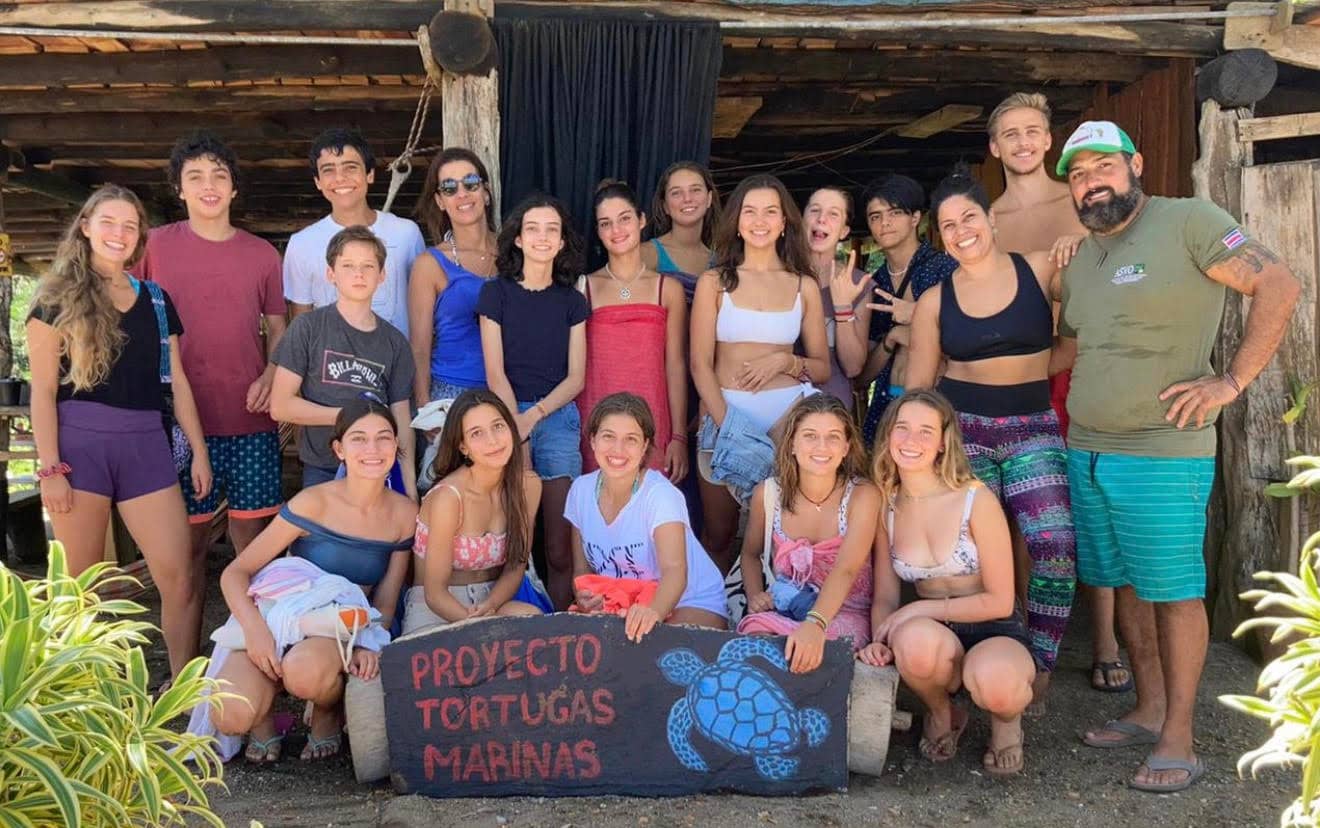
VOLUNTEER OPPORTUNITIES
*New* Osa Peninsula Project
Exclusive access for students at our Heredia City Campus
You get to participate in Community Outreach & Education, Regenerative Agriculture and Turtle/Environmental Protection programs in one of the most bio-diverse eco-systems in the world.
This placement is one of a kind
You will see amazing wildlife, make a real impact in rural communities that truly need your help, and all while you live in a fun, welcoming hostel close to the beautiful beach of Drake Bay. You will also have plenty of free time to explore with your local hosts and new friends, visiting Corcovado National Park, kayaking in the river and ocean, biking, horse-riding, hiking, or just hanging out in a hammock under a palm tree by the ocean!
Corcovado has been named by National Geographic as "the most biologically intense place in the world". It is the opportunity of a lifetime.
Before you decide to volunteer in Costa Rica with a program such as this, please read this testimonial (and cautionary tale!) from one of our own staff members!
PLEASE READ THIS!
“Volunteering in Costa Rica may be a very different experience than what you expect. Our volunteer programs are a non-profit branch of our school, and are all managed directly with the local project coordinators, meaning there is not an Intercultura staff member at every project, just at our Heredia school campus. On the plus side, it is much cheaper than going through an international organization that has staff accompanying groups of volunteers to every destination. However, it also means there is not the level of on-site orientation, organization, training or supervision that more expensive, international service-learning programs might offer.
What this means for volunteers is that you must expect the unexpected, which might include any number of changes or differences from what you ideally wished for, for example:
- You signed up to teach at a kindergarten, but there is an unexpected teacher’s strike while you are there, meaning you will have to do something else, like substituting for a class or doing games and activities that you must come up with on the spot. Or you might be reassigned to do other tasks at the school, like making materials, games, etc for future classes. Or perhaps they need to sand and varnish the desks, and will ask volunteers to do this while the kids are not at school.
- While working at a wild animal rescue center, you are not allowed to touch the animals as per Costa Rican environmental law, but rather can only feed them and clean their cages. Some days, you are even asked to welcome any tourists that visit the site and possibly give them a tour of the facility.
- You asked to do field work, but the conservation center was asked to host a national sustainable-agricultural round table, which means there is no one to take you out to the actual conservation projects. You may be asked to count trees instead, or participate in activities for local children, or create a lesson plan in English and teach kids about conservation, or play soccer at the town field, or dig drainage ditches for water management systems, or rake the lodging property.
- You might be going every day to the turtle project in the organization’s pick-up truck, which then breaks down one day, and you have to walk an hour to the project, or you must be willing to do whatever else the organization may need (maintenance, signage, cleaning) or maybe the camp coordinator is on their day off, and you will have to look for ideas for projects and take the lead on getting them started. Worst case scenario, take the day off and explore the area!
- Perhaps you were hoping to be at a project with lots of other volunteers who speak your language, but when you arrive it is just you and one other volunteer from a different country and communication is hard. You are forced to rely on the little Spanish you know and look for the project staff or go outside the project and seek out locals to talk to and make friends with. Or, you can choose to spend some alone time reading, watching films, learning something online, or doing any other projects you enjoy.
A personal experience from one of our own staff members provides a perfect example of how expectations are – or are not- met. Here is her story:
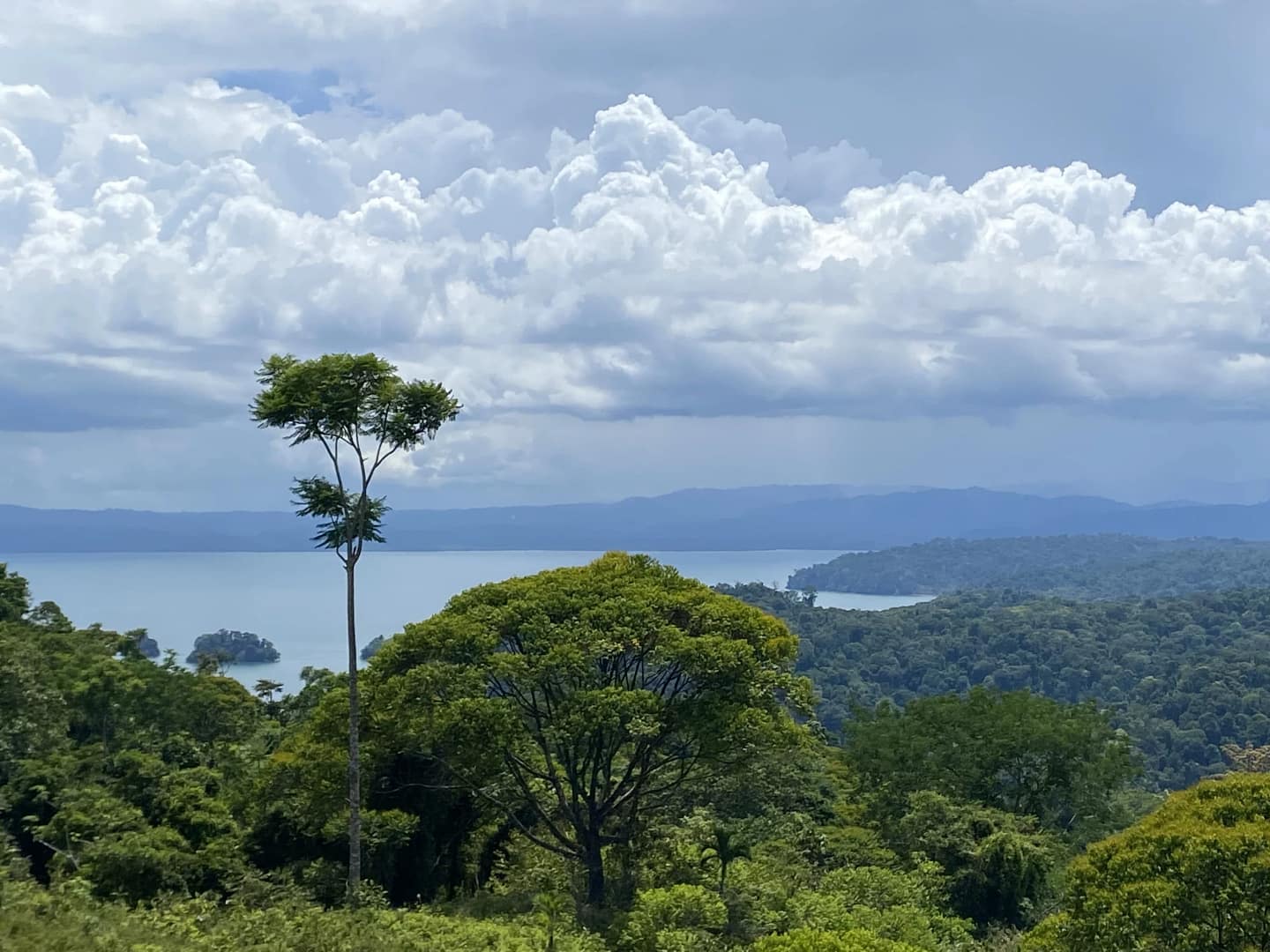
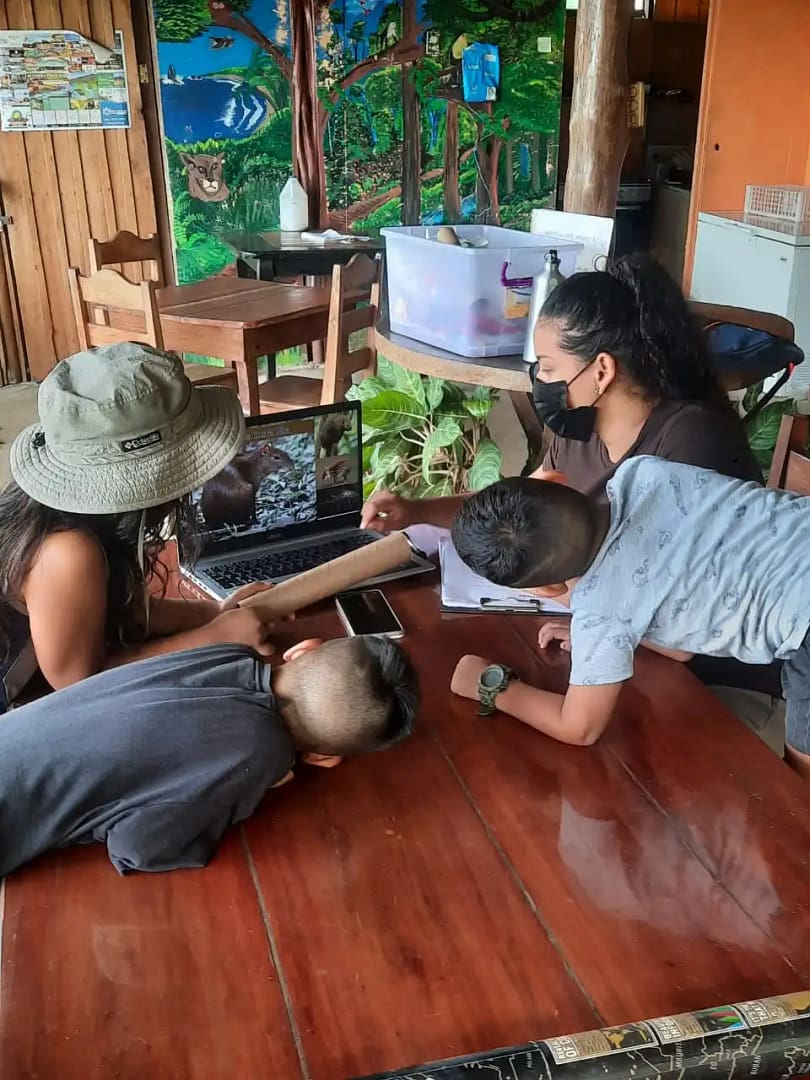
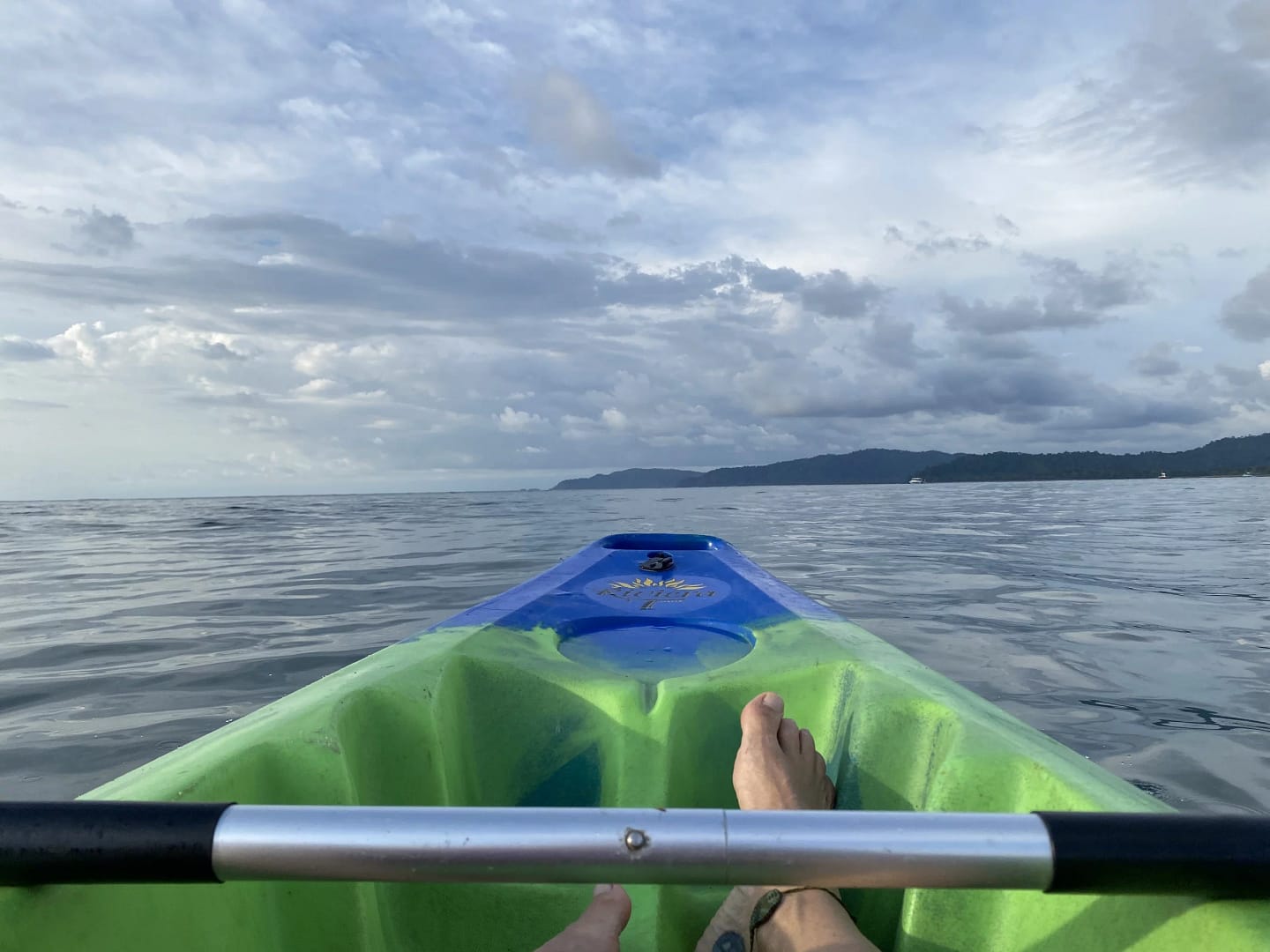
Study Spanish and volunteer at our beach campus in Sámara
If you are interested in less structured volunteering or only wish to study at the beach campus, you can inquire after arrival about opportunities that may arise while you are here, such as: beach & town cleanups; adoption events at the local humane society; kids camps, etc.
These options cannot be pre-booked, as they vary throughout the year depending on what is going on in the Sámara community at any given time.
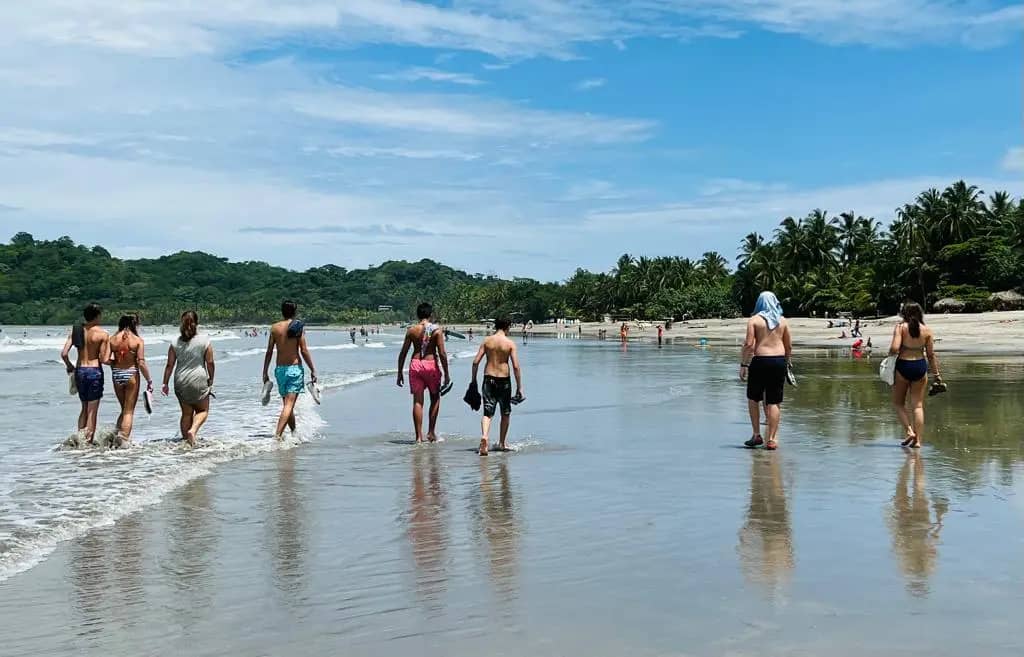
“I sure did enjoy my time. And I learned more than Spanish. I learned that people care about people and love to support. I have learned how to contribute. Thank you!”
- Ryan Anderson, Volunteer in campus maintenance -
Tell us more about your interests and intentions of working and volunteering overseas. We are happy to advise you and get back to you with a quote.
VOLUNTEERING WITH ANIMALS
Wildlife and Conservation
Work at a turtle refuge, volcano national park or animal rescue center.
Experience Costa Rican nature by working and living in a remote but beautiful area, where life is simple and your memories priceless. We have several placements in stock and many of them are offered year-round.
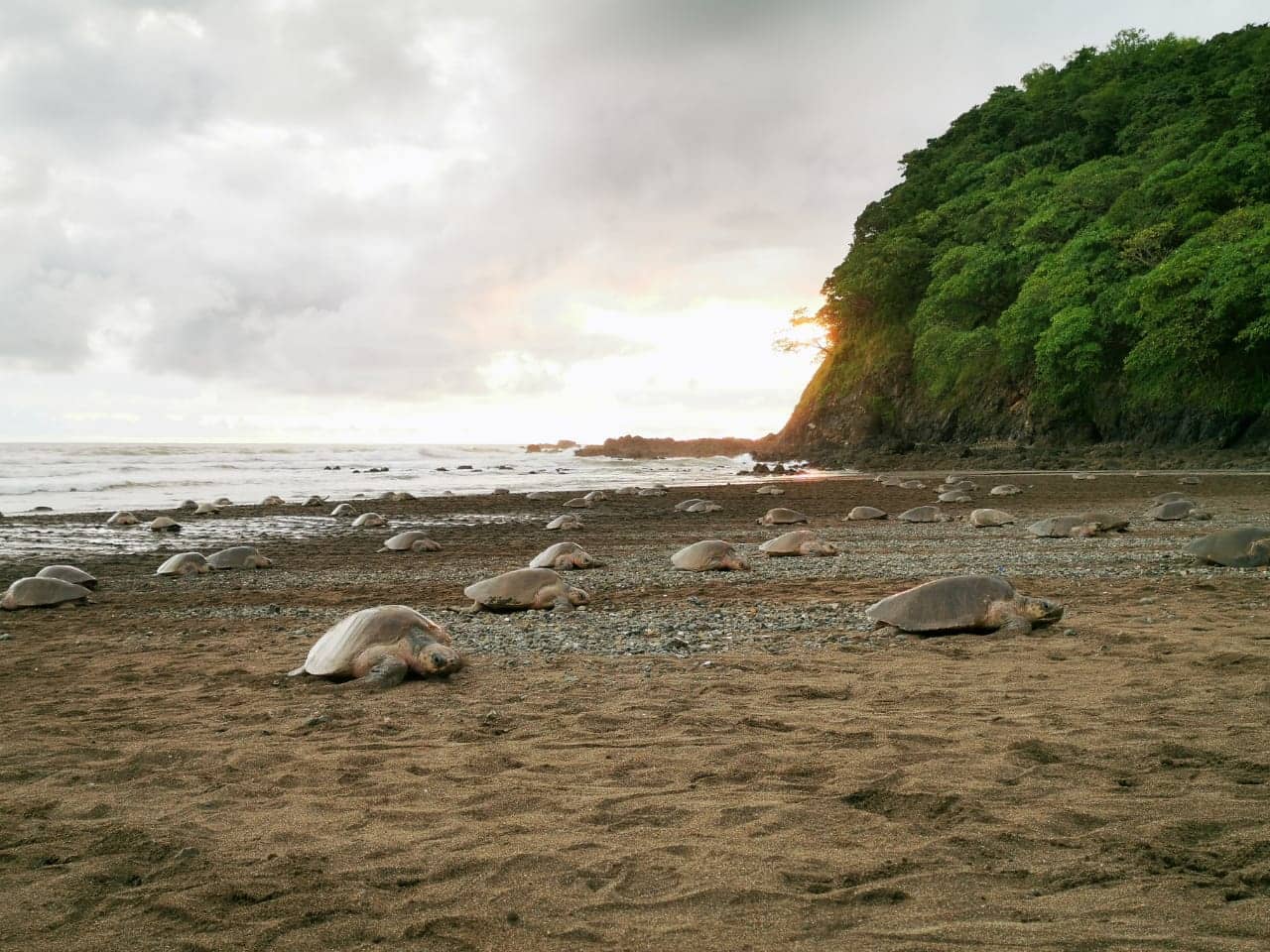
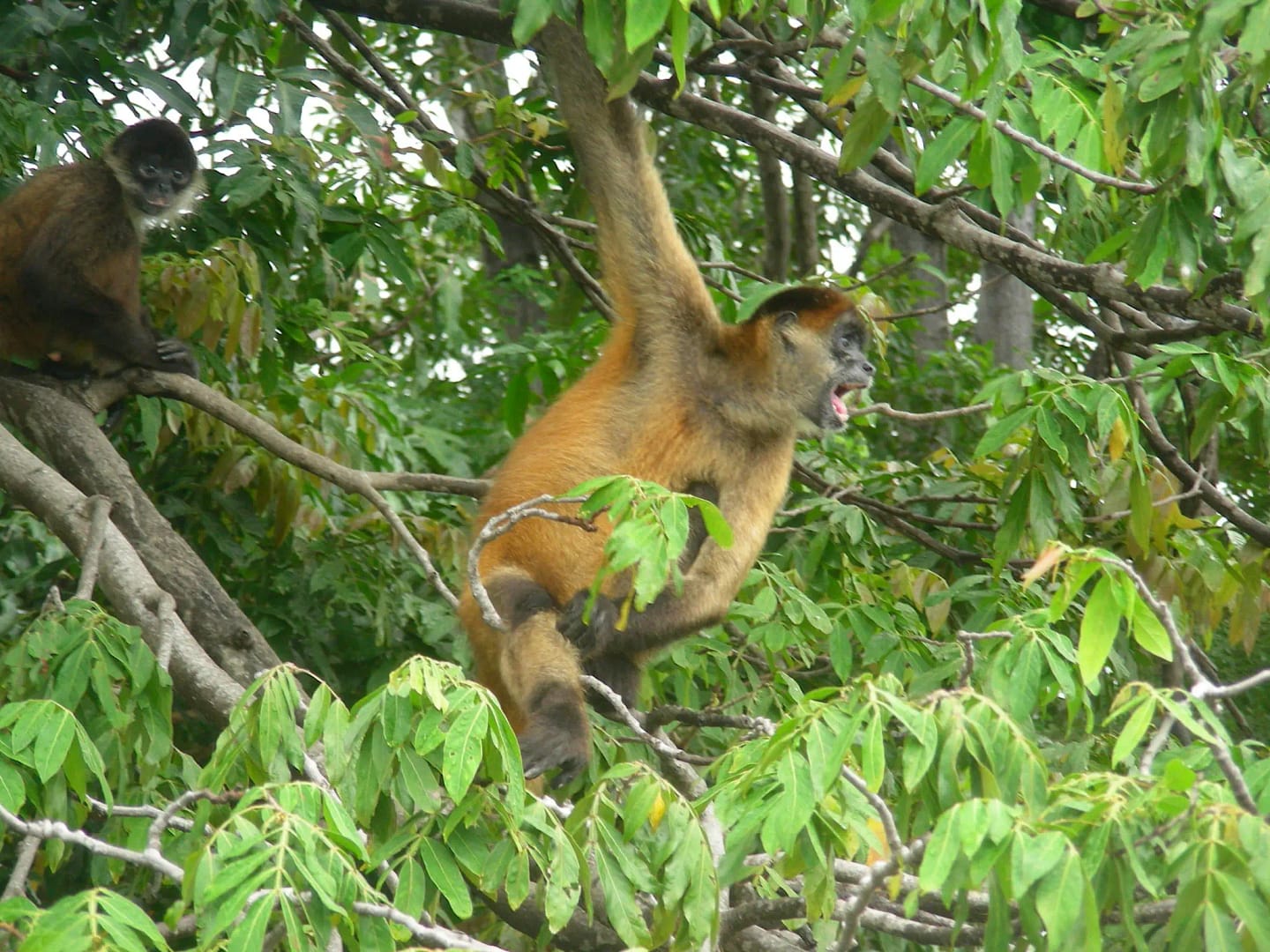
There are several things which will help you have a more meaningful and rewarding experience, and increased interaction within your placement. Read our blog post about three aspects everyone should know before deciding to volunteer abroad. This might help you with your decision.
MORE FACTS TO KNOW ABOUT VOLUNTEERING IN COSTA RICA
Volunteer placements are based all around the country, many in rural areas and some closer to the cities. Students may study Spanish at either campus before volunteering, but must include at least one week in Heredia prior to beginning the volunteer program, in order to receive complete orientation as well as preparation and details for travel to their placement.
MINIMUM AGE
18
YOUR SPANISH SKILLS
The volunteers’ Spanish level is an essential factor to ensure a successful experience. To ensure the volunteers´ Spanish level is good enough to communicate and understand the instructions during the project a minimum number of weeks of classes must be taken. An Intermediate or Advanced Spanish level greatly facilitates training and interaction. At the very minimum, we require a high beginner level to start volunteering (which you can acquire after four weeks of classes if you start in our first level). Depending on the type of project you are going to do, we recommend a different length of your Spanish program. In addition, before signing up, please reflect on the following considerations, such as:
ADDITIONAL SKILLS
TIME COMMITMENT AND ENGAGEMENT
The longer you can stay the better. This helps to justify the significant investment in time and human resources that is required to train volunteers. Your willingness to learn and work hard in any and all areas that need help is crucial. Once you commit, you need to fulfil your obligations just as you would in a paid working position. If you leave early, you will have created more work for the organization, harming them rather than helping them. This will reflect badly on you, your own culture and the volunteers that follow you.
DIFFERENT COUNTRY, DIFFERENT CULTURE
Understand that you are interacting in a different culture and that your expectations are based on what you are used to seeing and experiencing in your own culture. Open-mindedness is key to developing a good relationship with the people in the placement. Do not expect constant supervision and direct instructions on what to do; this is not the norm in Costa Rican organizational culture. Remember you are here to learn and to contribute, and that many organizations have scarce personnel resources. You will be expected to take the initiative often, devise your own activities if need to be, and join in to work on whatever task is at hand, with a positive, upbeat attitude.
VOLUNTEERING PRICING
one-time $99 USD placement fee
Lodging depends on the volunteering program chosen. See rates for our student residence and homestay families here.
FREQUENTLY ASKED QUESTIONS
DON´T HAVE TIME TO VOLUNTEER OR LOOKING FOR MORE WAYS TO HELP?
In 2005, Intercultura founded the non-profit CREAR association in order to offer free, supplementary educational opportunities to the local youth most in need of help.
CREAR then went on to become fully independent, now with its own campus, and continues to grow, working with local children from rural and underserved areas, and providing after-school programming as well as summer camps, completely free of charge. They have won numerous awards and recognition nationally and abroad, for their many innovative programs. You can donate, sponsor a child’s education, or plan a future volunteer program with them. Check out their website to learn more!
HOW LONG SHOULD I STAY?
- We recommend 1-3 months for a true language and cultural immersion. You will go home speaking Spanish, you will make life-long friends with locals, and you will know you have made a difference in the lives of those who need it most.
- You will have time to explore the country on the weekends, taking advantage of the many offers currently available and the flexibility of travelling with few tourists in the country
- If you have more or less time, let us know and we will work with you to design a program that fits your needs.
WHAT ARE THE LODGING OPTIONS
- Live with a local family in a private room, with breakfast, dinner and laundry service included for $27 per day
- Live in our beachfront student residence in shared rooms (2 to 4 per room), with communal kitchen, gardens, hammocks, ranch, and beach access right out of our gate!
WILL I HAVE FREE TIME?
YES!
- You can participate in our Latin dance, cooking and yoga classes for as long as you stay in Sámara
- You will have time to learn to surf, bike, ride horses, hike, swim and do many other things while here

